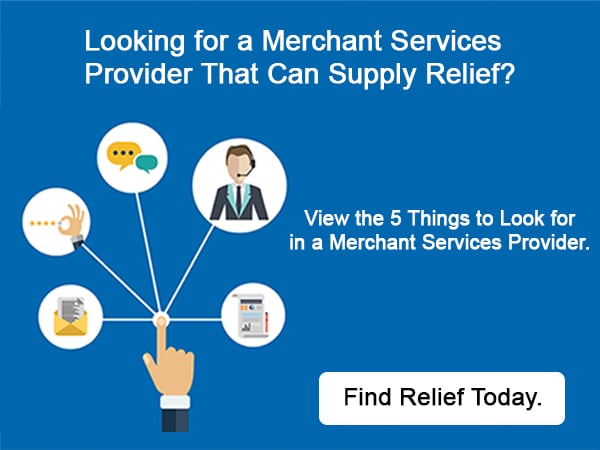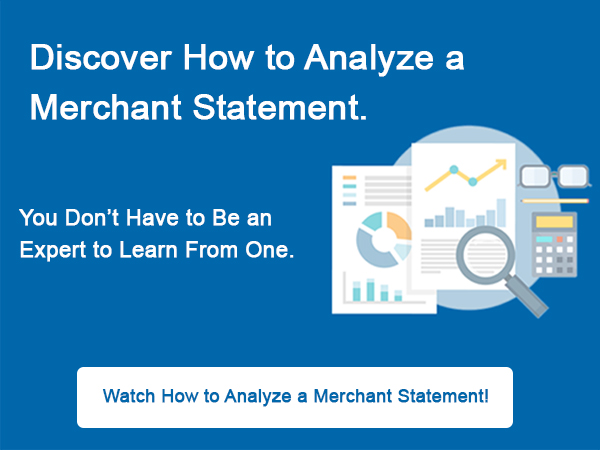
To the majority of us, holiday season is known as the most wonderful time of the year. Unfortunately, to some individuals it’s also known as the most opportune time to commit credit card fraud and cause additional hassle for retailers everywhere.
If you’re a merchant, you know that fraud and great shopping experiences don’t go together, so here are some tips for how you can prevent one from ruining the other:
Obtain an EMV Terminal
Since the EMV liability shift in Oct. 2015, which made all merchants that don’t comply with the new standard liable for chargebacks, obtaining EMV capable equipment became one of the best ways for businesses that accept cards to absolve themselves from such liability. Although not required by law, this one–time upgrade helps accept chip cards, which is the most secure type of cards currently available, without the risk of chargebacks. EMV enabled hardware, like this one, helps ensure that even in the event of fraud, the chargeback will fall on the issuing bank, not the merchant.
Comply with PCI Requirements
Meeting Payment Card Industry (PCI) Data Security Standard (DSS) requirements is another very important piece of the holiday and, in fact, a year-round security puzzle. They consist of 12 core requirements and about 250 controls that deal with the way merchants handle cardholder’s data. The reasons to comply heavily outweigh the risks of failing to do so. Whether you prefer to start by going through PCI Compliance Guide yourself or enlisting the help of a professional right away, always make sure to only let an experienced processor, like TransNational Payments, handle your transactions.
Take Advantage of Encryption
If your business is set up to accept mobile payments, another increasingly popular way to process payments that is expected to reach $1.35 trillion in transactions this year, then you can enjoy the benefits of tokenization. Tokenization is the process where a cardholder’s 16-digit account number is substituted with a payment token — a unique combination of letters and numbers that encrypts client’s sensitive data. By being tied to a distinct good or service on a particular device used by a specific merchant, payment tokens limit the risk of a data breach. Even if the said breach does occur, the token can be simply replaced with a new one, thus maintaining uninterrupted security for the original account number.
Watch Out for Warning Signs
Despite the availability of the above mentioned tools to all merchants interested in safeguarding their business from fraud, it’s also important to trust your instincts when conducting a transaction. Be on the lookout for customers who:
- Purchase multiple products without regard for price, size, style or color
- Fail to ask any questions when purchasing big ticket items
- Attempt to rush or distract the cashier during the transaction process
- Return to the store shortly after making a purchase, only to make more purchases
- Make a major purchase right around the store’s opening or closing time
- Refuse a free delivery option for large products
This should go without saying, but be sure to double-check cards for damaged magnetic stripe, missing signature and valid expiration date. If your suspicion persists, try to obtain as much information as possible from the cardholder. This will increase the likelihood of you winning any potential disputes, thus giving your business a start to another great year.









 Facebook
Facebook Twitter
Twitter LinkedIn
LinkedIn Youtube
Youtube Glassdoor
Glassdoor